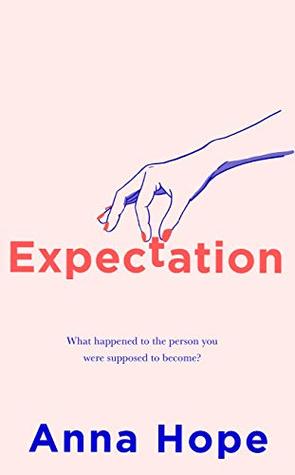More on this book
Community
Kindle Notes & Highlights
This, to Lissa, seems to be the main thing that university teaches you – how to bullshit convincingly. The better the university, the better the bullshit.
‘You must keep hold of your friendships, Lissa. The women. They’re the only thing that will save you in the end.’
Over the next days she feels herself slipping, as though happiness were a dance whose steps she has forgotten. She counts her breaths. She counts her blessings, she tries to rationalize – why should it matter what her friends are doing? Why should her happiness be indexed to theirs? But it is. Somehow, it is – she cannot help but take inventory of her life; her lack, at thirty-three years old, of any of the markers that constitute real adulthood.
for this is what marriage does – it flows out beyond the couple, engendering love, engendering life, making us believe, even for an afternoon, in a happy ending, or at least, at the very least, in the expectation that a story will continue as it should.
It occurs to her that it begins so early, this process of letting go – of not inserting yourself between your child and the sun.
She takes to walking everywhere. She walks to work. She walks back along the canal in the afternoons, savouring the light – the changing sky. She sits outside on the terrace, feeling warmth on her skin. She buys herself flowers, each Sunday at the market. One Sunday morning her eye is caught by some plants, which she buys and puts in terracotta pots and arranges
‘Thirteen,’ says Lissa. ‘My child would have been thirteen.’ And she finds she is crying, properly crying, her shoulders heaving, the sobs coming in shudders. Her mother steps towards her and folds her into her arms.
The way you do, when you are twenty-four or twenty-five, and you only see yourself from the outside in.
tell her how much she looks like her mother, and when they hug Lissa to their chests in their embrace, she knows that they have lived through illnesses and lived through children and lived through no children and that they are a tribe, these women, with their battered bodies and their scars.
She imagines this is a little like it must feel after the birth of a child: this liminal space where time behaves differently, is gentled and held.
They are grateful for these things because they know that old age and illness are not, perhaps, so very far away, and are not kind. They have seen this already, understood this, been humbled by it. They are humbled often, these days.


